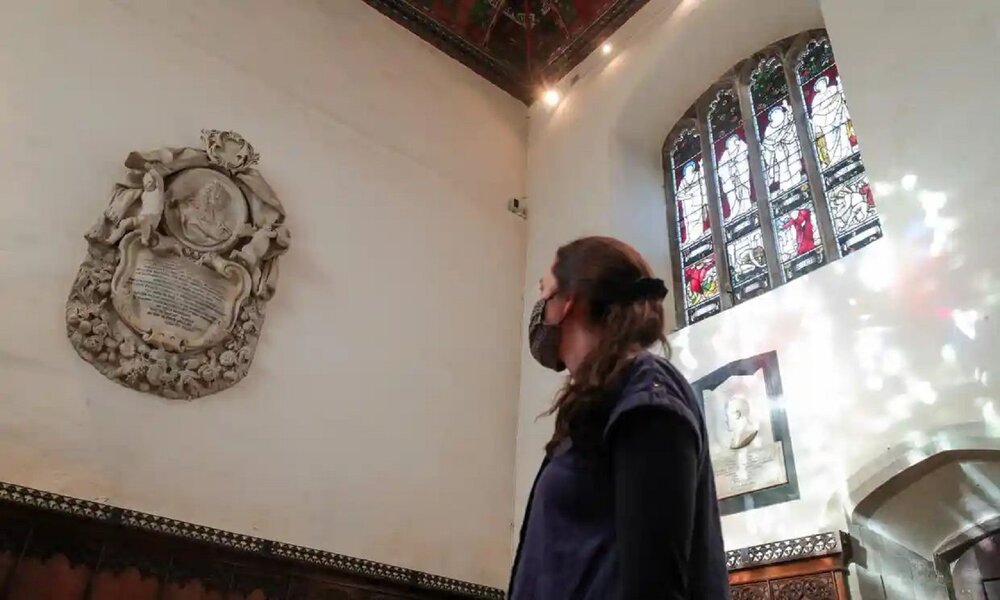Hawzah News Agency – The Church of England’s procedures for addressing issues of racial injustice and contested heritage are “inadequate” and “not fit for purpose”, according to the head of Jesus College at the University of Cambridge.
The damning assessment was made as the college ruled out an appeal against a church court judgment preventing the removal of a memorial in its chapel to 17th-century benefactor Tobias Rustat, who was involved with the slave trade.
It claimed, however, that the recent ruling by the consistory court of the Diocese of Ely was “fundamentally wrong” and said the current process for deciding these issues urgently needs reform.
“Many students and members of the college community put their trust in the church process, and understandably feel let down by the judgment and its misrepresentation of their views,” said Sonita Alleyne, who is master of Jesus College and the first black head of any Oxbridge college.
“The consistory court’s decision shows a lack of understanding of the lived experience of people of colour in modern Britain,” she added.
Jesus College argued the memorial, in a prominent position on the west wall of the Grade I-listed chapel, should be moved to another site in the college because its presence was having a negative impact on the mission and ministry of the church.
Rustat, a former courtier to Charles II and one of the college’s most significant benefactors, was involved with the Royal Adventurers, later the Royal African Company, which trafficked and traded enslaved Africans.
But the court ruled that opposition to the memorial was based on “a false narrative” about the scale of the financial rewards Rustat gained from slavery, and ordered that the memorial should remain in the chapel, which is the oldest in Cambridge.
“Having taken advice, and after much thought, the college council has decided not to appeal the disappointing judgment,” said Alleyne.
“While we believe the judgment is fundamentally wrong, the time and costs involved in appealing the decision are significant, and the grounds on which we are allowed to appeal are restrictive.
“We will take our time and consider what to do next. The presence of the memorial in our chapel continues to be a serious issue for our increasingly diverse community. We strongly believe that our stance will place us on the right side of history.”
Alleyne reminded the church of its commitment to take action last year in its report From Lament to Action. “This judgment demonstrates the inadequacies of the church process for addressing issues of racial injustice and contested memorialisation. It is not fit for purpose.
“There is a much overdue debate happening within the church about how best to face up to the legacy of racial injustice. We will continue to keep up the pressure, because this matters to our students.”
The Rev James Crockford, Dean of Chapel at Jesus College, said the Rustat memorial was a test case for the church. “It is clear that, if the Church of England wishes to take diversity and inclusion seriously, it cannot ignore the implications of this decision for the wider mission of the church to be a place where all are welcome.”
A spokesperson for the Church of England responded: “The Church of England’s processes allowed for this case to be considered at great length, in a court of law.
“The parallel process for secular listed buildings is subject to the government’s policy of ‘retain and explain’ articulated by the secretary of state.
“We continue to believe that the church’s ability to adopt a distinctive approach to cases of this type is important, balancing heritage considerations with the unique place churches, cathedrals and chapels have as centres of living mission and ministry.”


Your Comment